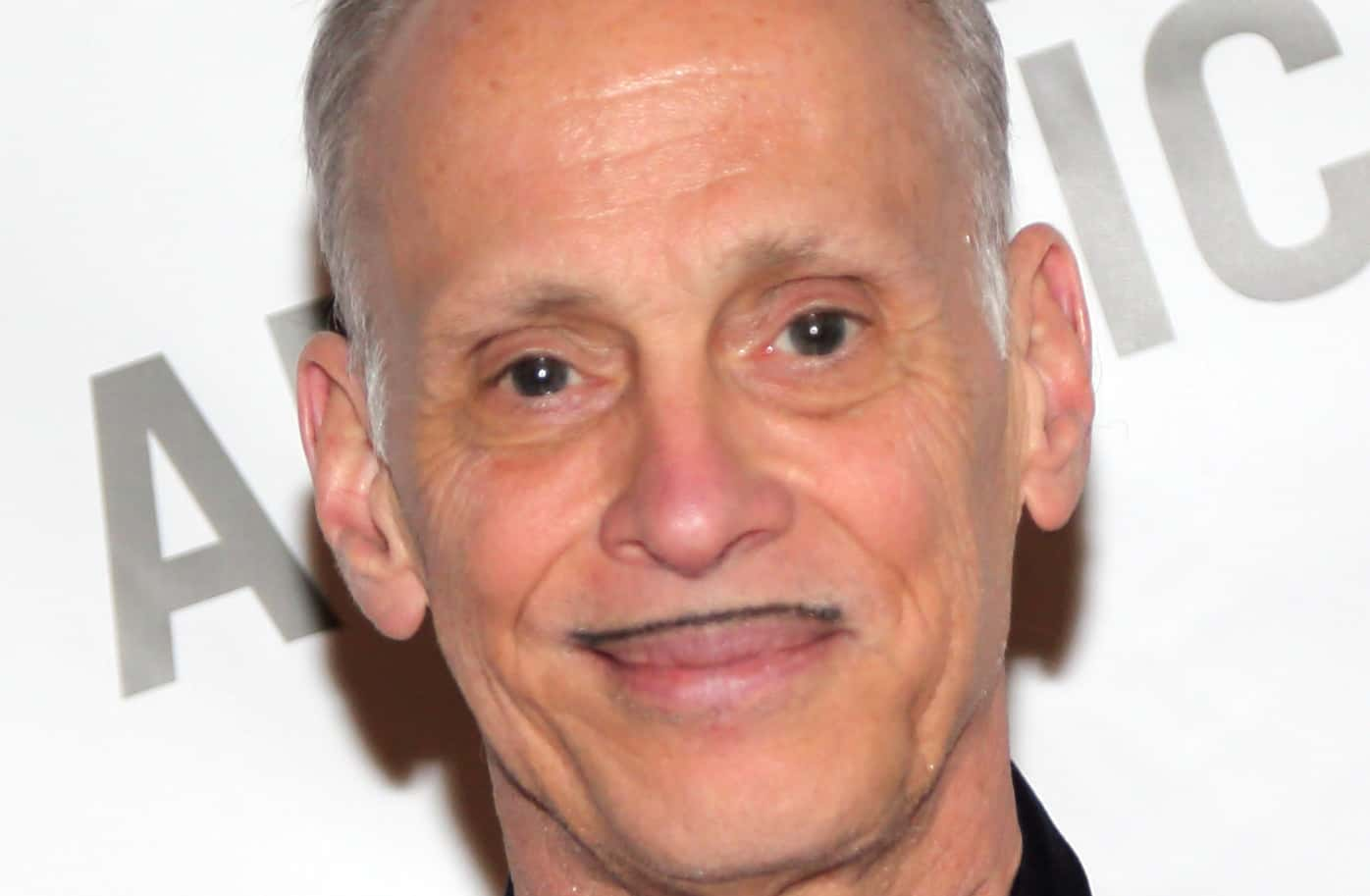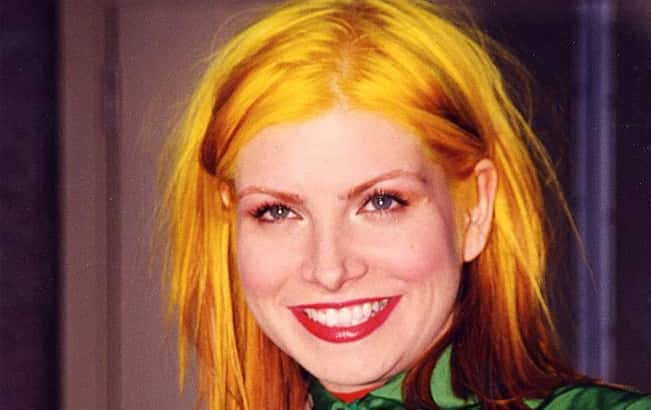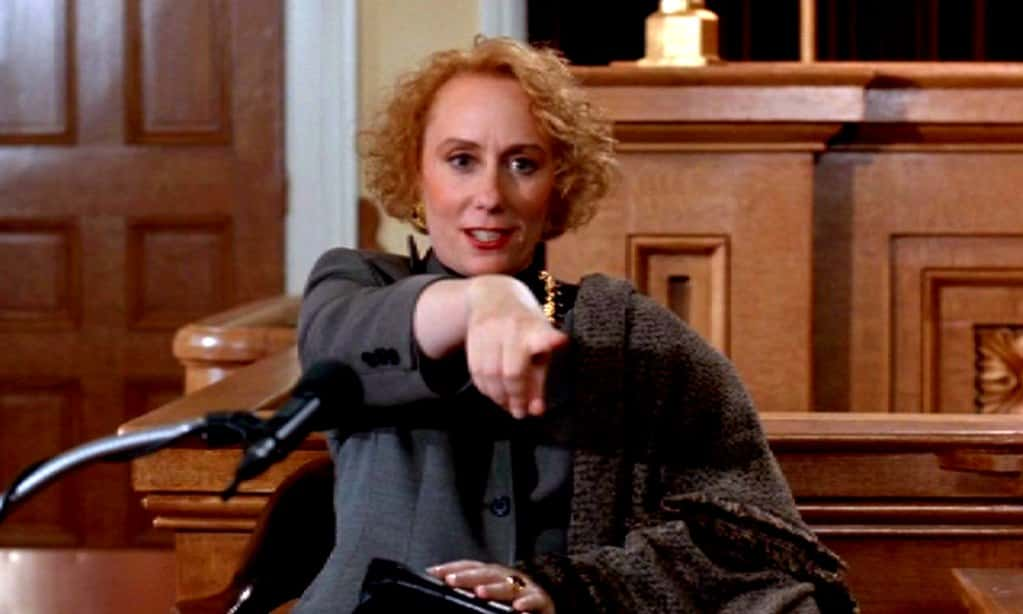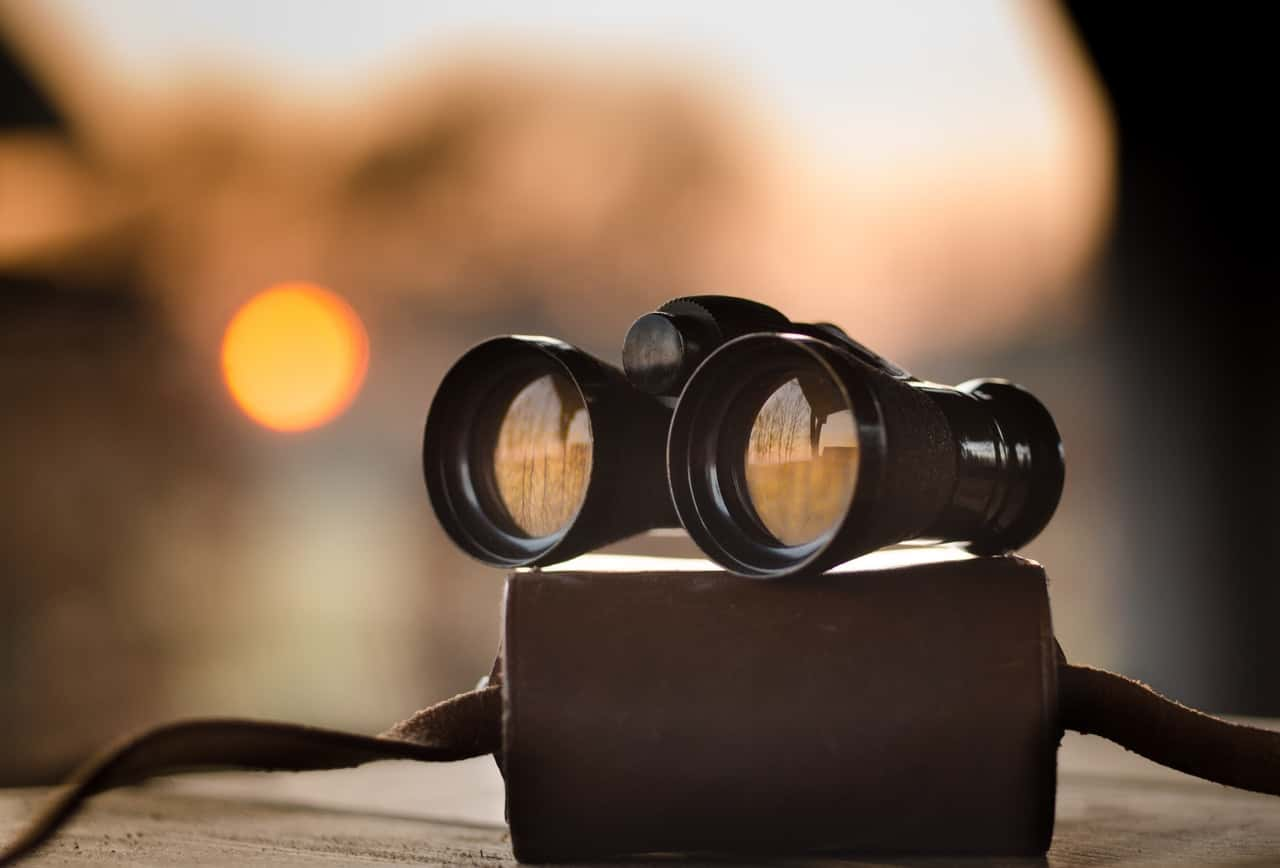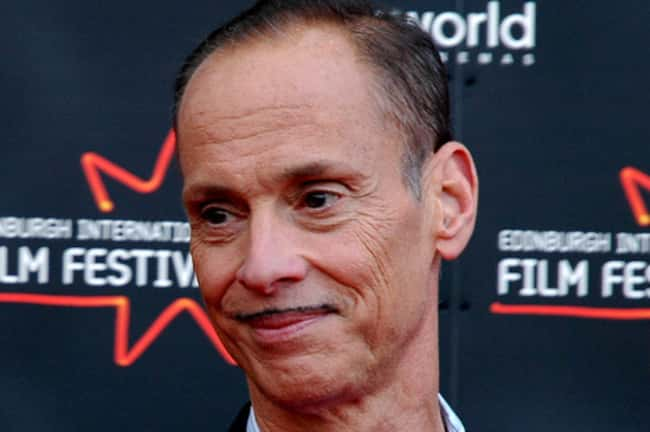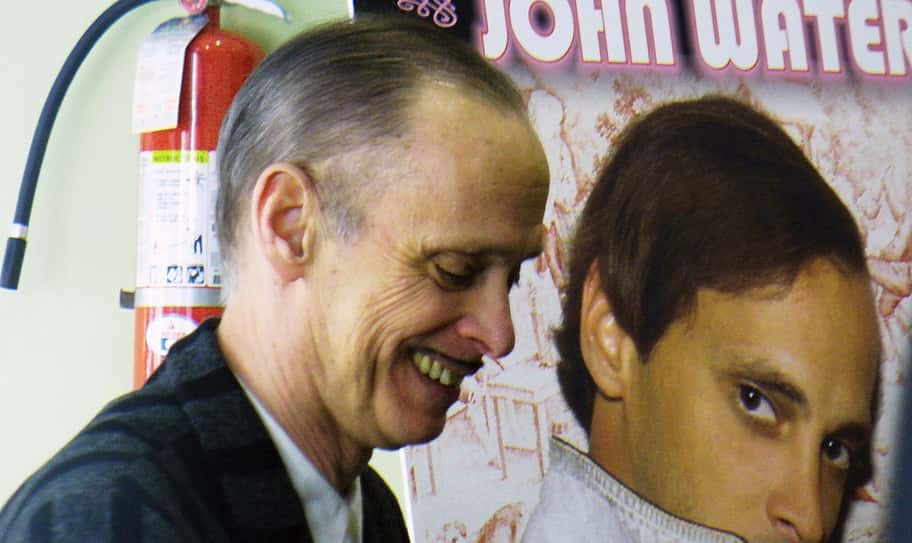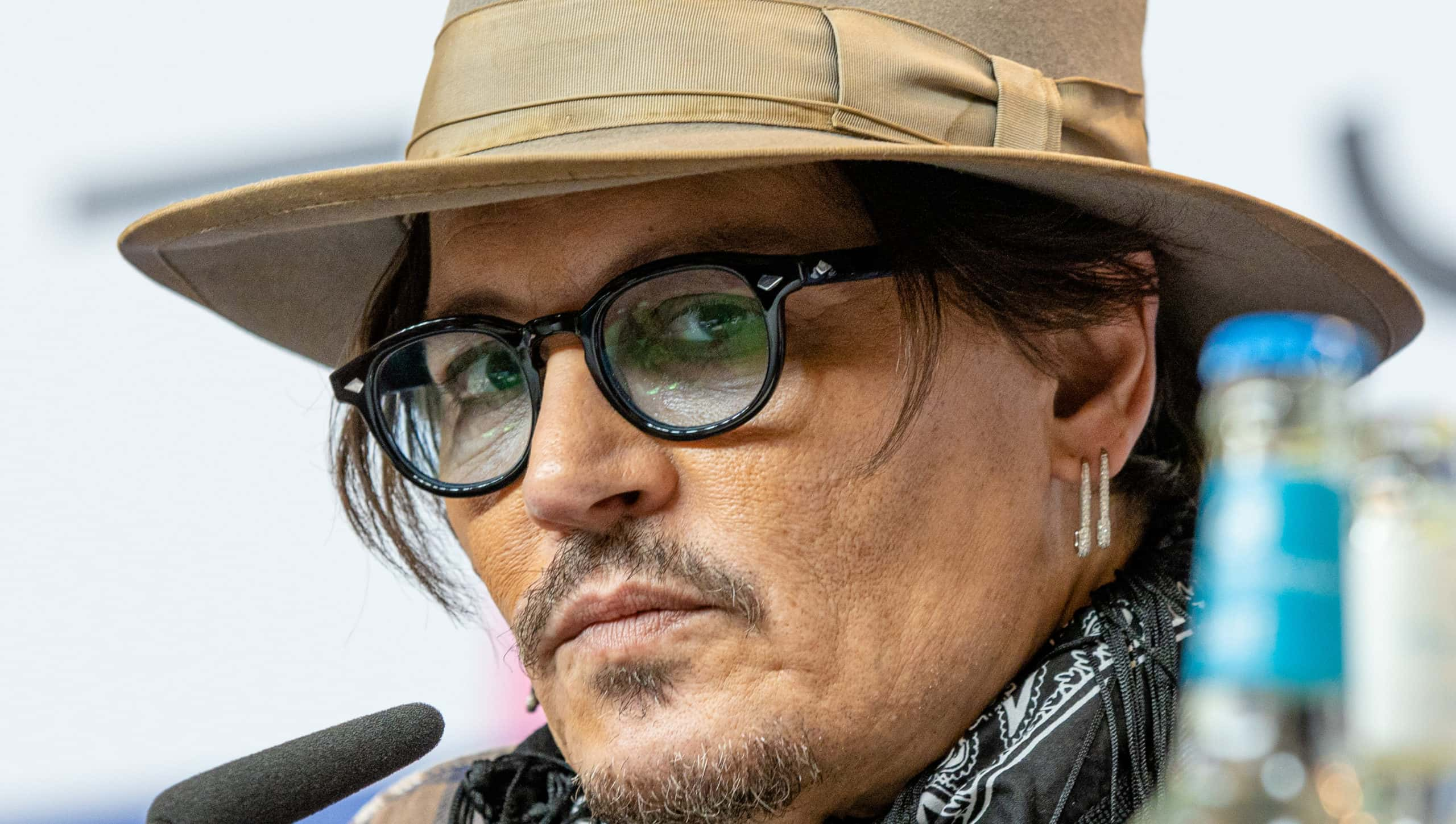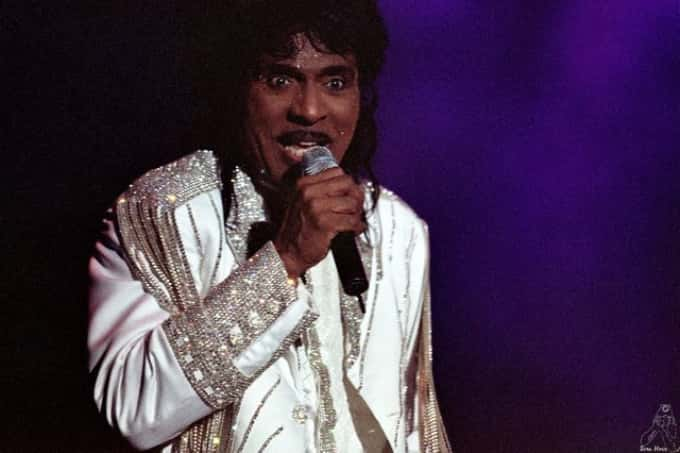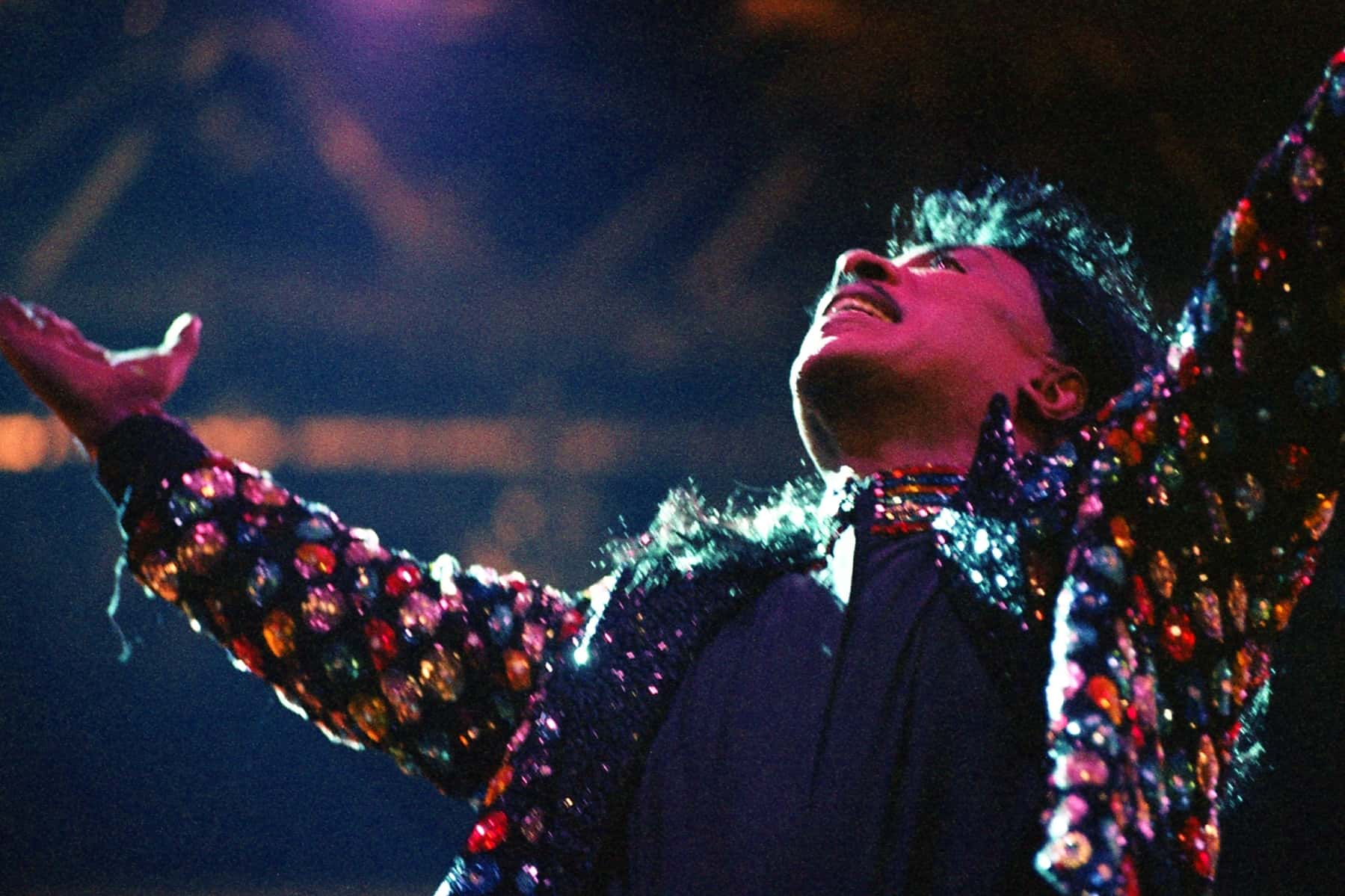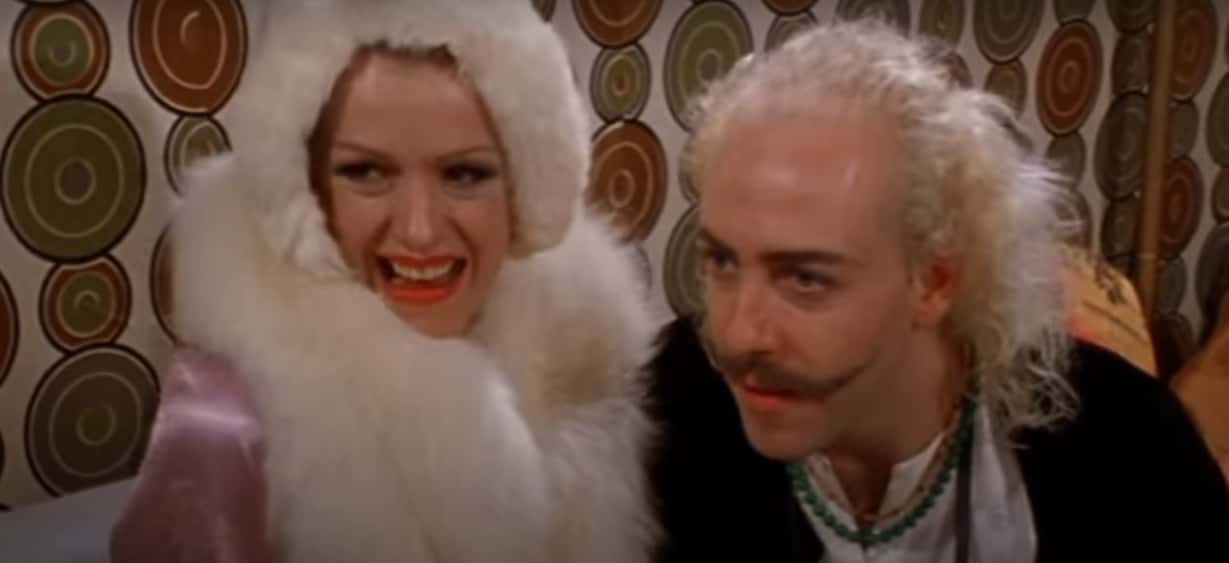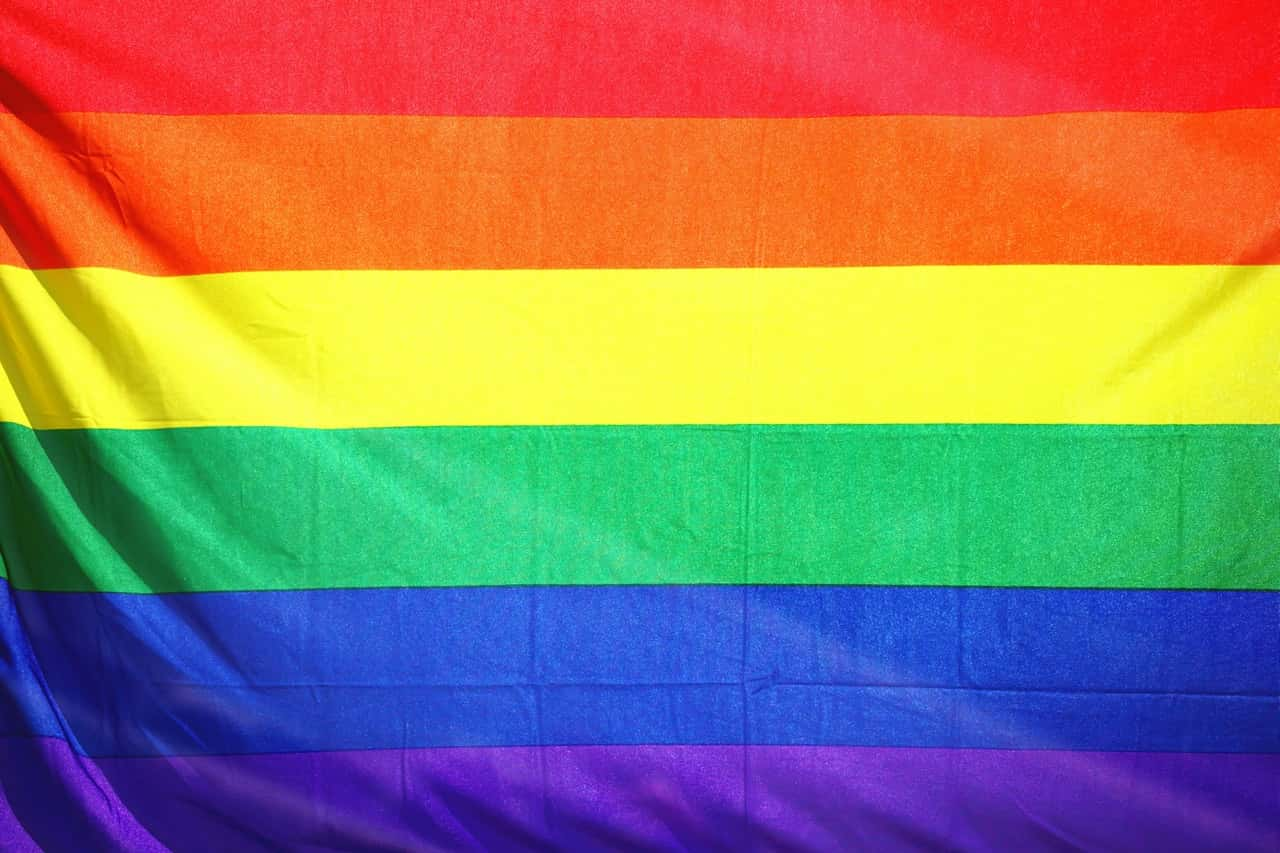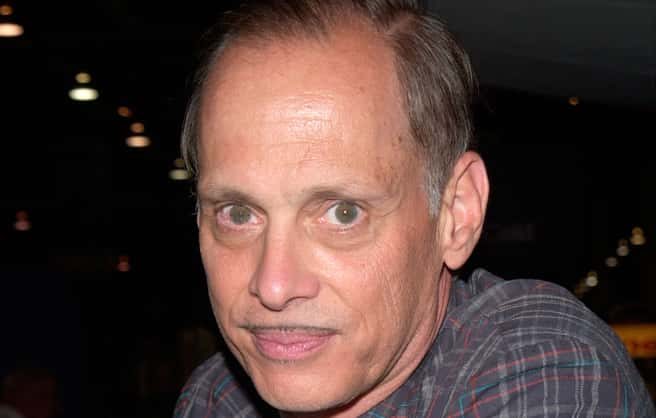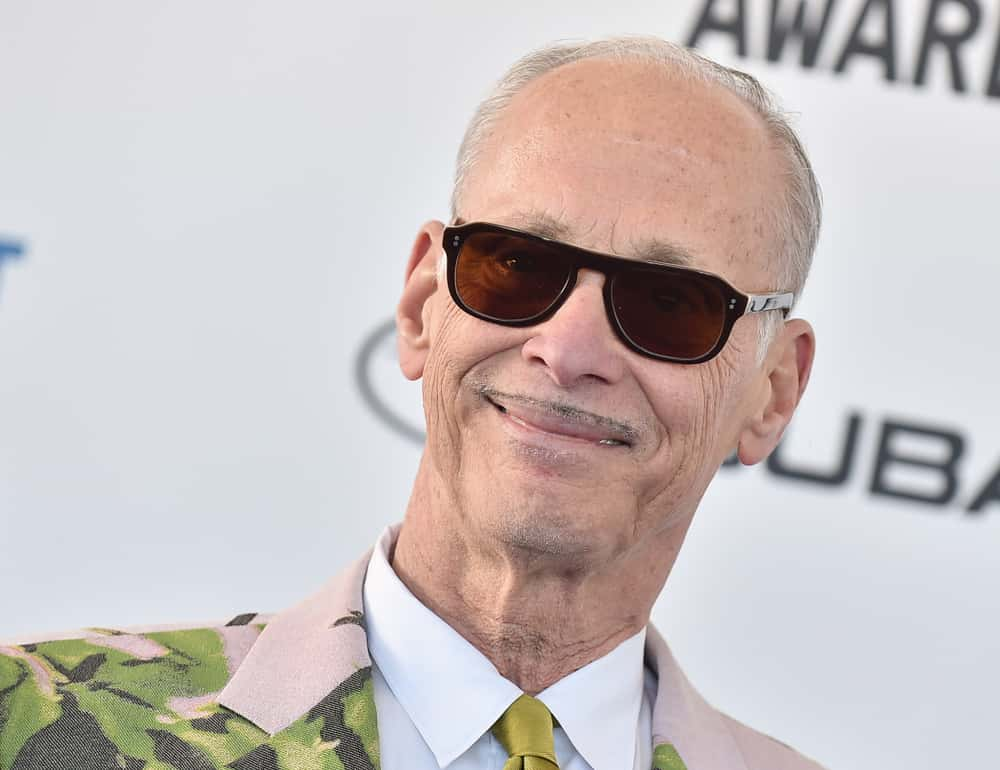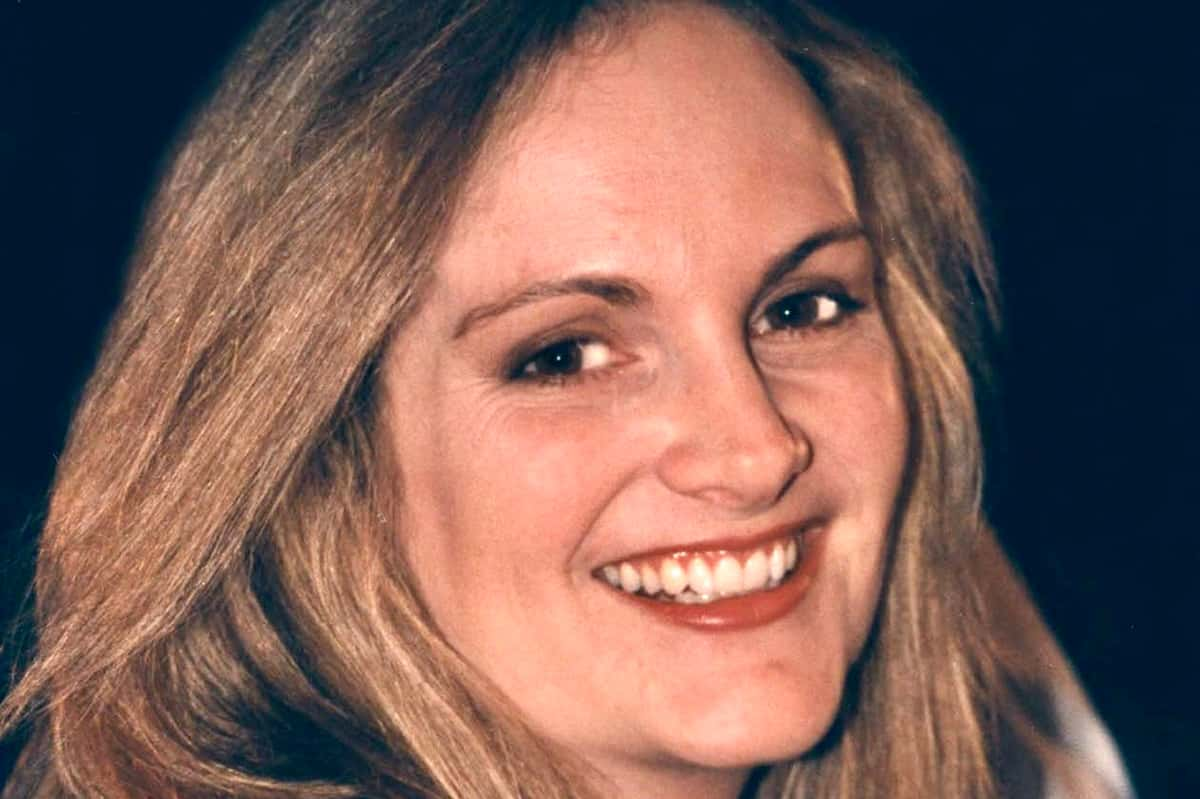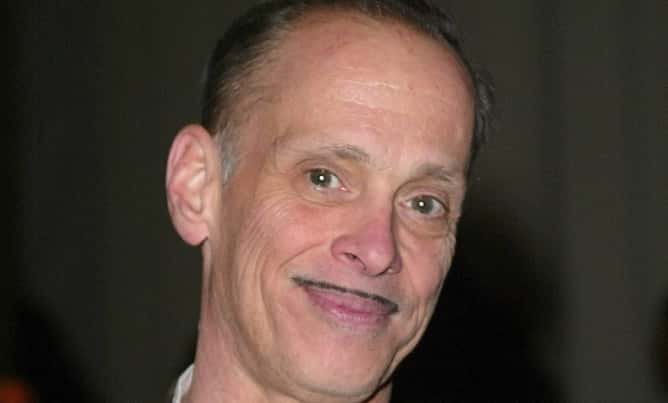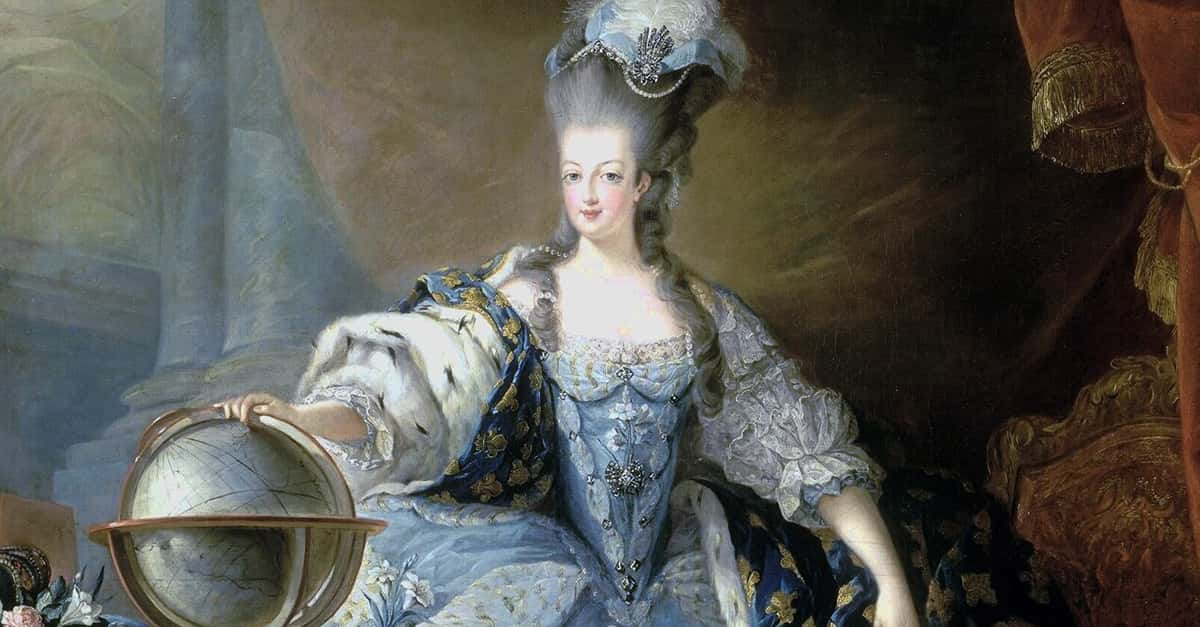Starting in the late 1960s, the incorrigible John Waters quickly made a name for himself as a cult filmmaker whose films often challenged the status quo (as well as good taste). However, he’s also been an author, stand-up comic, and visual artist during his long and varied career. While the vast majority of his work is remembered for being left on the margins of movie-making for their shocking content and lack of concern with the norms of the time, he did at least manage to have one mainstream hit with his 1988 film Hairspray. But even without Hairspray, he's still left an important and lasting impact in the world of indie filmmaking, whether you like him or not. Enjoy these wild facts about B-movie master John Waters.
1. Let’s Work Together
One of the most well-known collaborators to work with Waters during his time as a director was the actor, singer, and drag queen known as Divine. Waters had known Divine (then known as Harris Glenn Milstead) when the two of them were young natives of Baltimore from conservative families. Waters was reportedly the person who suggested the name "Divine" in the first place.

2. My Name Ain’t Tame!
Waters became notorious for his films frequently fighting for the right to get an R rating. Often, they would be rated X or NC17 instead. His one and only PG rated film was Hairspray. According to Waters, it was a “shock” when he received such a family friendly rating for one of his films.
3. Too Cool for School
Waters went to New York University, but his interest in B-movie wasn’t satisfied by the film courses at NYU. As Waters put it, he “went to one class and they kept talking about [Battleship Potemkin]". This focus on high art wasn't what Waters had intended, so perhaps it didn't come as quite a shock when he got caught indulging in marijuana on the campus and subsequently got expelled. He packed up his bags and returned to Baltimore to embark on his infamous film career.
4. Interesting Debut
In Waters’ original version of Hairspray, the villainous role of Amber Von Tussle was played by a 16-year-old Colleen Fitzpatrick, but some might know her better as the singer Vitamin C, who sand the graduation staple song “Graduation (Friends Forever)".
5. The Company You Keep
Waters’ cohort of regular collaborators are known as the Dreamlanders. They’re so named after Waters’ production company, Dreamland Productions.
6. Constant Castmates
Of these Dreamlanders, only two have appeared in every single one of Waters’ feature-length films. These two are actresses Mary Vivian Pierce and Mink.
7. So That’s What Gore Looks Like!
Because the rules didn’t apply to Waters, even when he was a youth, he would sneak over to the local drive-in and watch R-rated schlocky films. Despite being underage, he would use a pair of binoculars to watch the films anyway.
8. They Stick in Your Mind, Don’t They?
One of Waters’ trademarks is his use of alliteration with his character names. Just some of the many examples of this quirk include Link Larkin, Corny Collins, Tracey Turnblad, and Penny Pingleton—and those are all from the same movie!
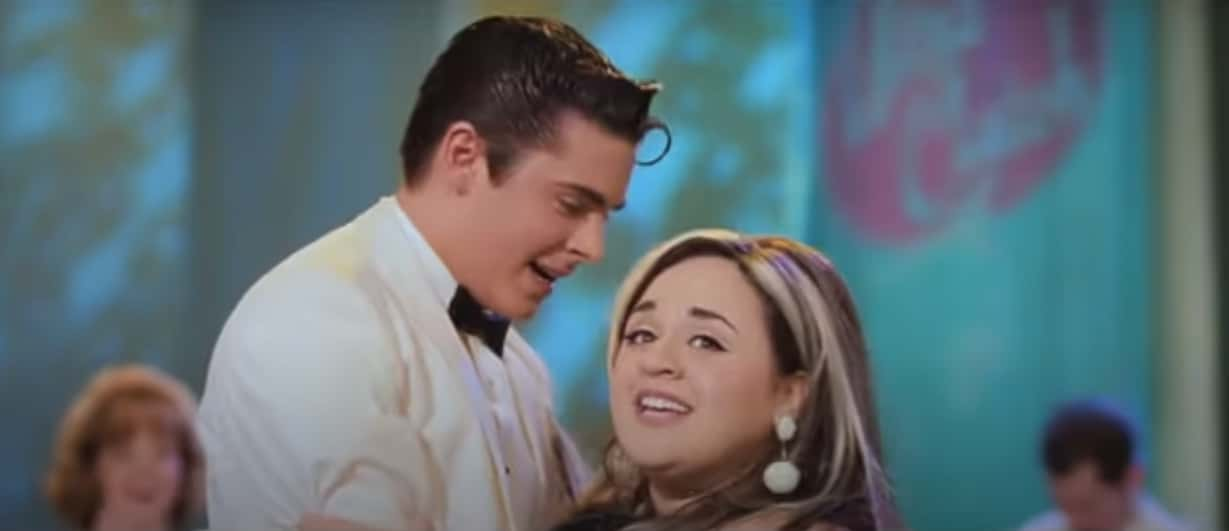 Hairspray, 2007, Ingenious Media
Hairspray, 2007, Ingenious Media
9. They Must Have Loved all that Schlock
John Samuel Waters Jr. was born April 22, 1946 in Baltimore, Maryland to a strict, conservative, upper class Roman Catholic family.
10. Indie Film Royalty
Throughout his career, Waters earned several nicknames for himself. These include the Sultan of Sleaze, the Baron of Bad Taste, and the Pope of Trash.
11. Other Passions
Aside from film, Waters is also a visual arts enthusiast. His photographs have been exhibited in the US and overseas in Europe. He’s also crazy for literature; at last count, he has assembled a collection which contains over 8,000 books!
 Pexels
Pexels
12. Acting Chops
Besides writing and directing, Waters has also maintained an acting career on the side. He's made appearances or lent his voice to TV shows such as Frasier, My Name is Earl, and The Simpsons, along with films such as the sequel to a well-known prank-filled movie, Suburban Gothic, and Alvin and the Chipmunks: The Road Chip. Who can forget his appearance in that last, classic film?
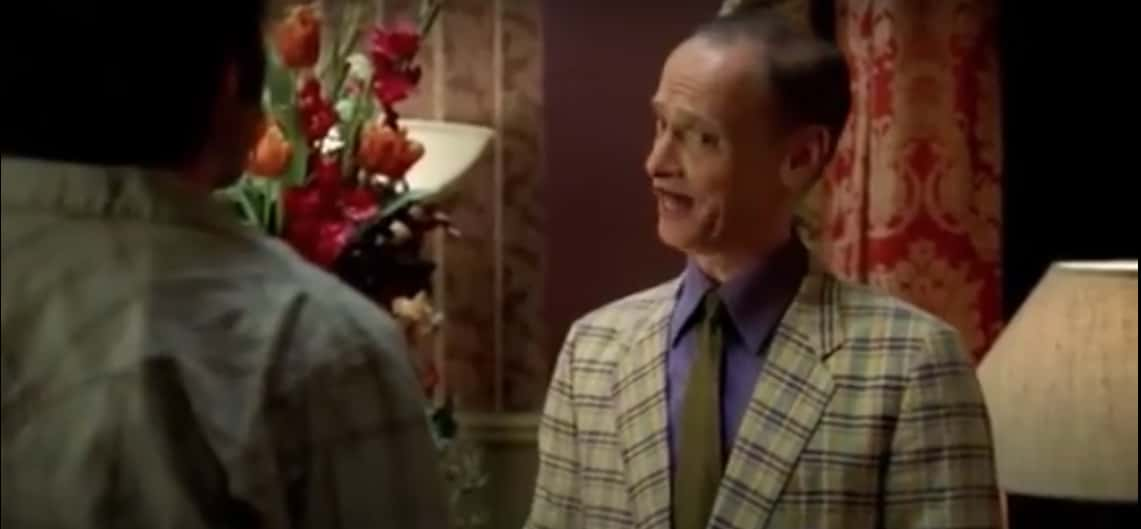 My name is Earl, 2009, 20th Television
My name is Earl, 2009, 20th Television
13. Cast This Kid
When looking to find the perfect lead actor for his 50s teen musical Cry-Baby, Waters bought $30 worth of teen magazines and soon realized that all of them featured a young Johnny Depp on their covers (this was during his years on 21 Jump Street). When Waters approached Depp, the young actor was open to the idea, since he thought the movie was funny, and he wanted to avoid being typecast (this was a strategy which he used throughout his career... until he was cast as Jack Sparrow and just kinda settled into that role).
14. Dubbing Depp
Much to his fans’ disappointment, Johnny Depp did not do his own singing in Cry-Baby. James Intveld provided the singing voice for Depp during the film (maybe he should have helped Depp out when it came to Sweeney Todd too).
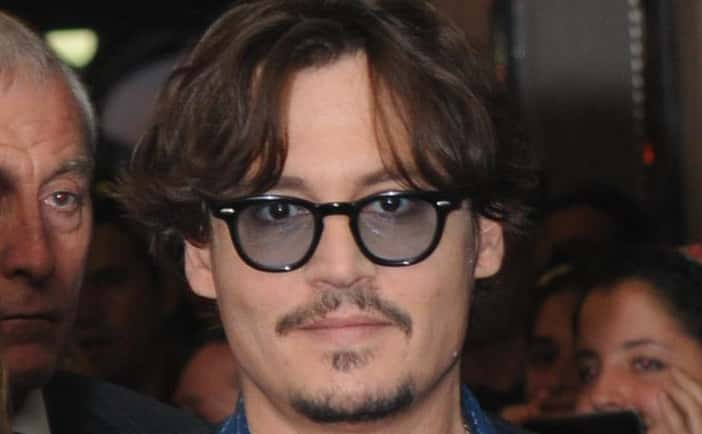 Flickr
Flickr
15. A Second Chance
Although Cry-Baby was a box-office disappointment when it was released, the film eventually became a cult classic (in true Waters fashion). It was also the second Waters film (after Hairspray) to inspire a Broadway musical adaptation. The adaptation was nominated for four Tony Awards.
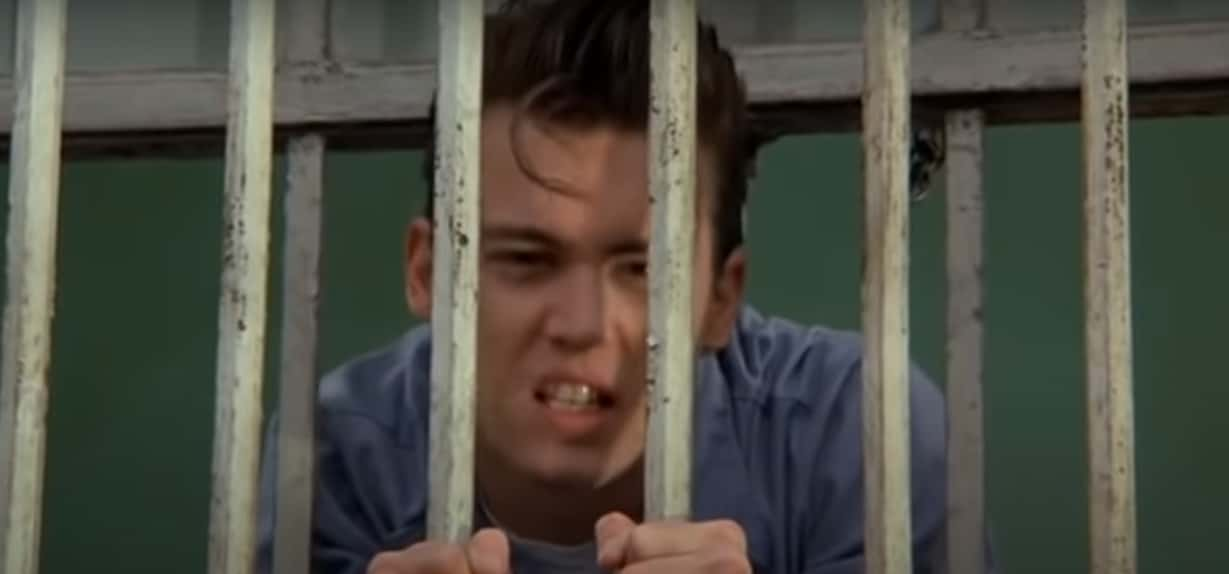 Cry Baby, 1990, Imagine Entertainment
Cry Baby, 1990, Imagine Entertainment
16. A Satan Goatee Would Have Been Too Obvious…
Waters credits his pencil-thin moustache to the similar style worn by rock & roll pioneer Little Richard. According to Waters, he admired Little Richard for being so alarming and for the fact that he scared Waters' parents. Oh, that incorrigible rascal!
17. Never Meet Your Heroes
In 1987, Waters had the opportunity to meet his idol when he was commissioned by a well-known magazine to interview Little Richard. However, the interview didn’t go well at all, with Waters remarking "it turned into kind of a disaster". Maybe Richard didn’t like his moustache style being ripped off?
18. You Can’t Stop the Beat
While a modest hit upon its first release, Hairspray was turned into a smash theatrical hit in 2002. The musical ran for more than 2,600 performances, winning the 2003 Tony Award for Best Musical. A film remake was also made in 2007, and a TV special was filmed live in 2016. Not bad for a cult film!
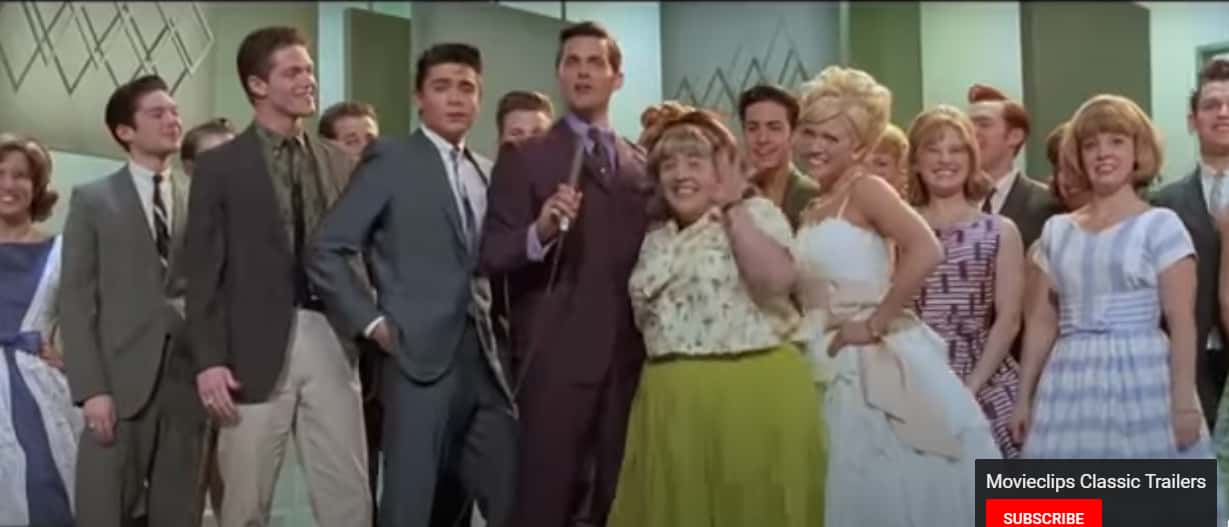 Hairspray, 2007, Ingenious Media
Hairspray, 2007, Ingenious Media
19. Heck of an Homage
The 2007 remake of Hairspray managed to cast a few people from the original film in smaller roles. The original Wilbur Turnblad, Jerry Stiller, plays Mr. Pinky in the remake. Ricki Lake, who played Tracey in the original film, makes a small cameo, as does Waters himself, playing a friendly flasher—a role that would seemingly only ever appear in a Waters movie.
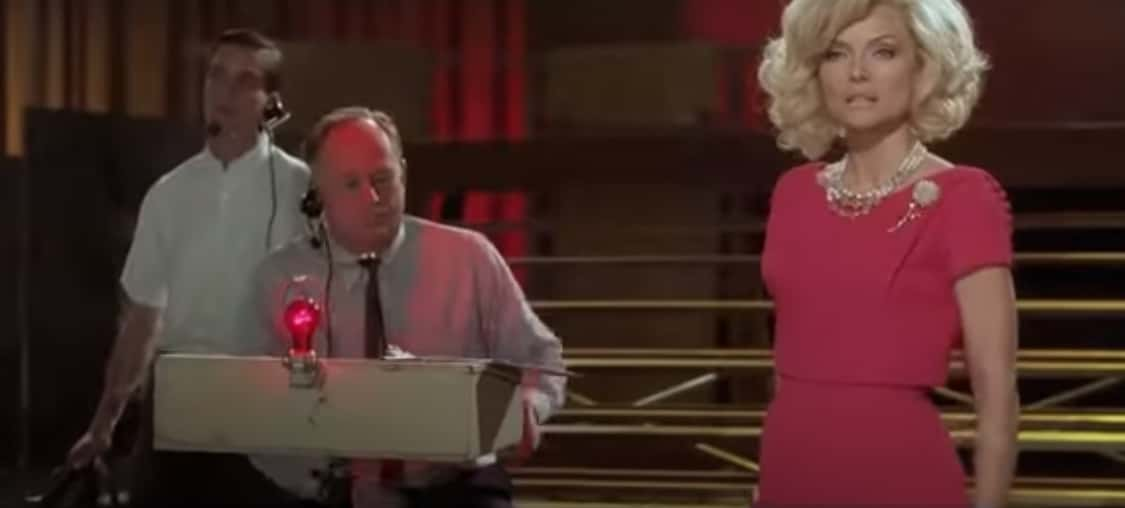 Hairspray, 2007, Ingenious Media
Hairspray, 2007, Ingenious Media
20. A Tragic End
One of the original Dreamlanders was David Lochary, who Waters credited with teaching him what the word "drag" really meant. Lochary was featured in all of Waters' feature films until Desperate Living. A struggle with PCP addiction made him unable to perform in this film, as per what Waters noted. At the very young age of 32, during a severe drug episode, Lochary experienced a fatal amount of blood loss.
21. Context is Key
In Hairspray, the film’s antagonist, Velma Von Tussle, furiously declares “Segregation today! Segregation tomorrow! Segregation forever!” This chant was actually a direct quote borrowed from the controversial politician and one-time Governor of Alabama, George Wallace (not to be confused with the comedian of the same name), who was notorious for his discriminatory views.
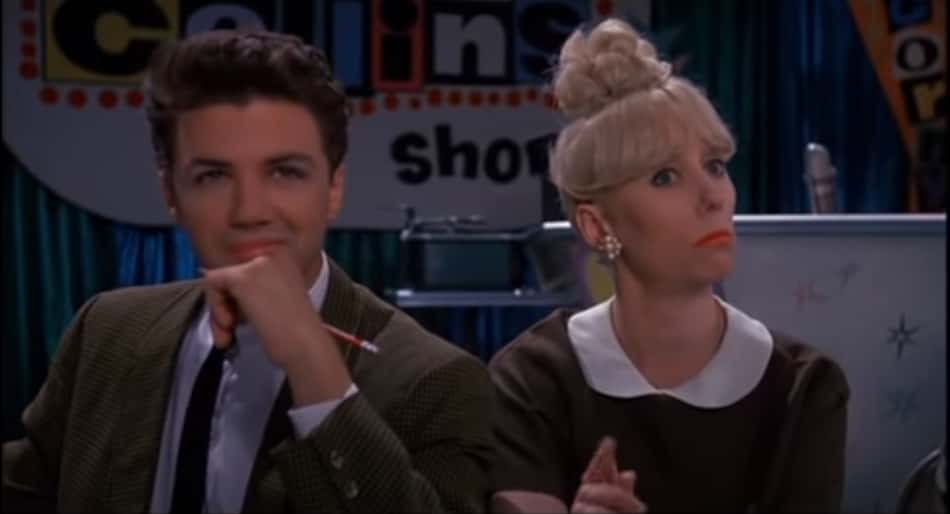 Hairspray, 1988, New Line Cinema
Hairspray, 1988, New Line Cinema
22. Controversial Cast
One aspect of Waters’ filmography is that he often casts controversial people in his films, in keeping with his disdain for toeing the line. Liz Renay, found guilty of assisting notorious figure Mickey Cohen, featured in Waters' Desperate Living, while the renowned Patty Hearst, known for her captive-turned-offender narrative, regularly appeared in Waters' movies. Additionally, there was Traci Lords, who was infamous for starring in a series of pornographic films while she was underage, leading to a huge scandal. Lords later tried to pursue an acting career, finding an ally in Waters, who cast her in Cry-Baby and Serial Mom.
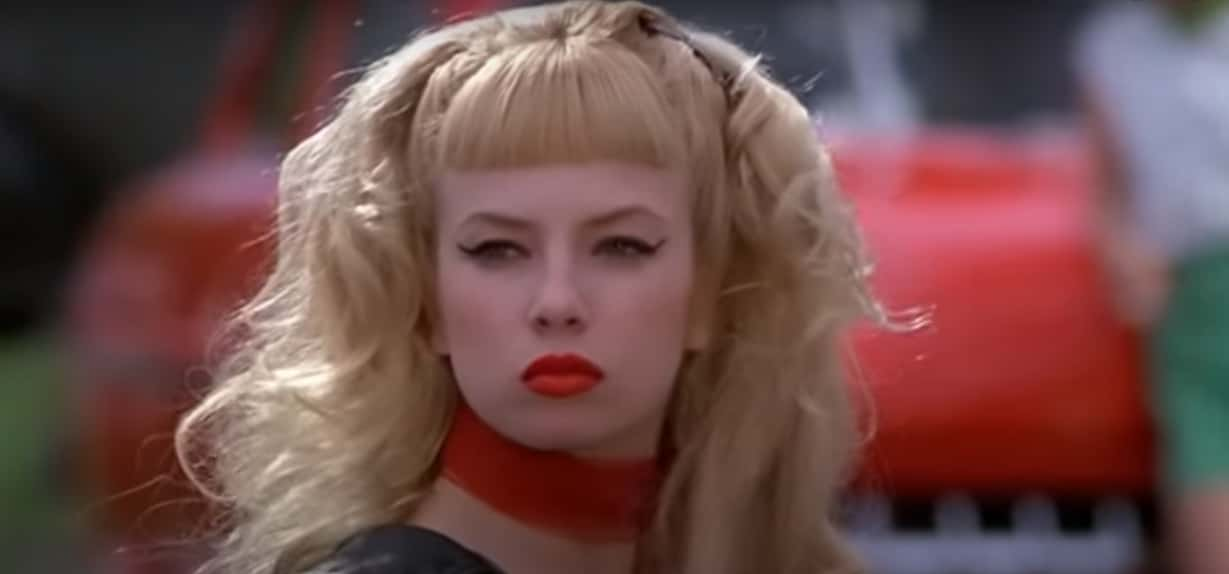 Cry Baby, 1990, Imagine Entertainment
Cry Baby, 1990, Imagine Entertainment
23. Good Morning Baltimore
All of Waters’ films have been set and filmed in his home city of Baltimore. Whether that’s an honor or a curse on the city depends on what you think of Waters’ work.
24. Eye of the Beholder
Despite (or perhaps because of) the shocking content within Waters’ most controversial film, Pink Flamingoes, the $10,000 film was a huge cult hit in 1972, grossing $7 million. It was also hailed by critics (though it alienated many of them as well) and has even been declared one of the most important films in all of queer cinema. Whether you find it to be trashy filth or an incredibly bold avant-garde cult classic is entirely up to you.
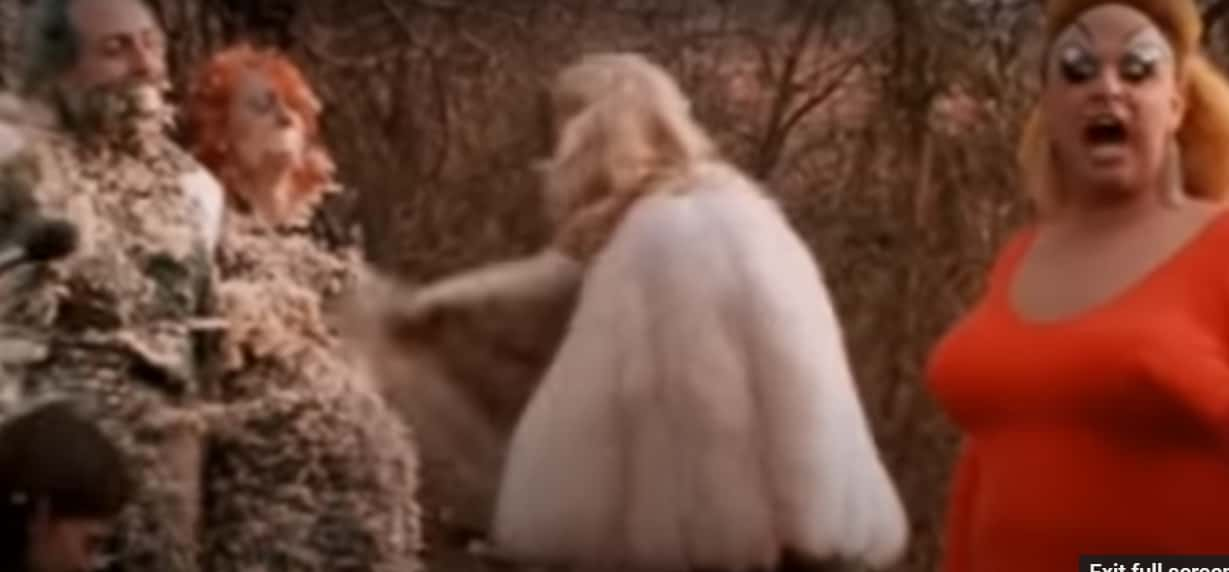 Pink Flamingos, 1972, Dreamlanders
Pink Flamingos, 1972, Dreamlanders
25. Let’s Make it a Franchise!
Pink Flamingoes was actually the first in a trilogy which Waters dubbed the “Trash Trilogy". The second and third films in the Trash trilogy were the films Female Trouble and Desperate Living.
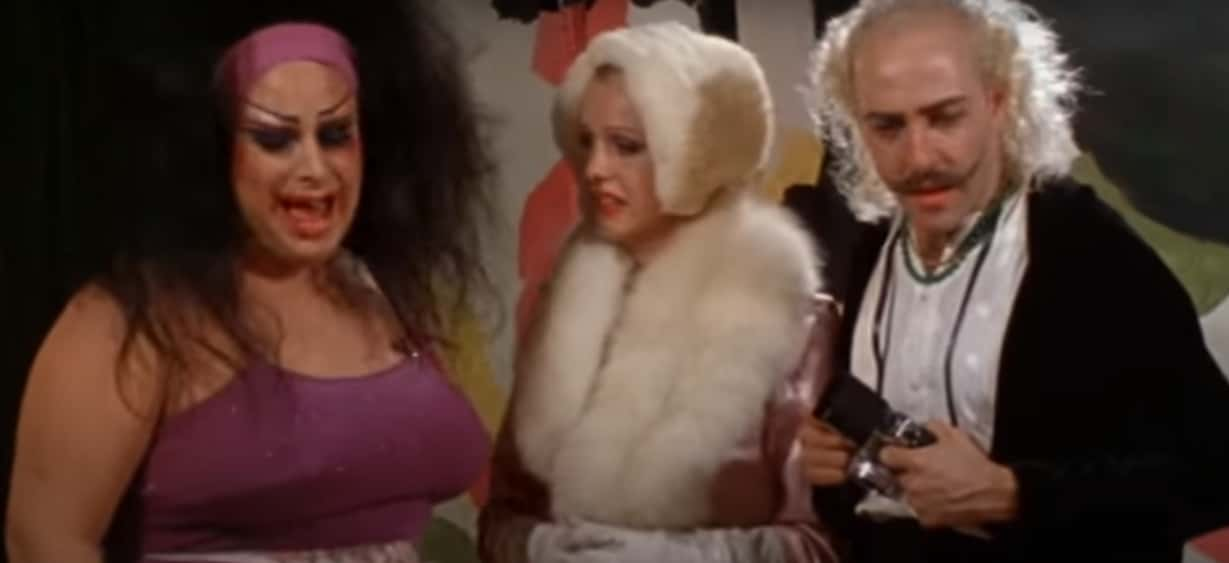 Female Trouble 1974, Dreamlanders
Female Trouble 1974, Dreamlanders
26. High Waters Mark (heh)
Waters’ most critically successful film is actually Multiple Maniacs. It holds a 100% rating on Rotten Tomatoes, and it grossed six times its original budget (making over $33,000 on a $5,000 budget). Not quite blockbuster numbers, but that's still a pretty good return on investment.
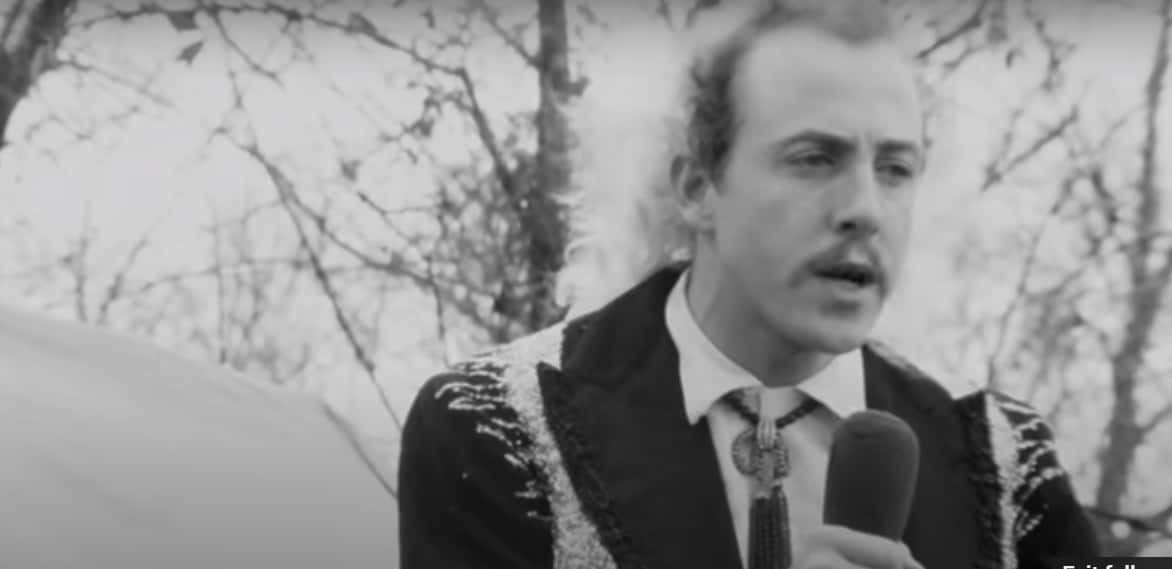 Multiple Maniacs, 1970, Dreamlanders
Multiple Maniacs, 1970, Dreamlanders
27. The Sequel We’d Actually Watch
After the remake of Hairspray (the one starring John Travolta in drag) made over $120 million at the box office, Waters wrote a treatment for a possible sequel. Hairspray 2: White Lipstick would be set in the late 60s, with the narrative featuring Link experimenting with mind-altering substances. Although director Adam Shankman was fully on board, New Line Cinema ultimately dropped the project, leaving us to lament the lost image of Zac Efron freaking out on acid.
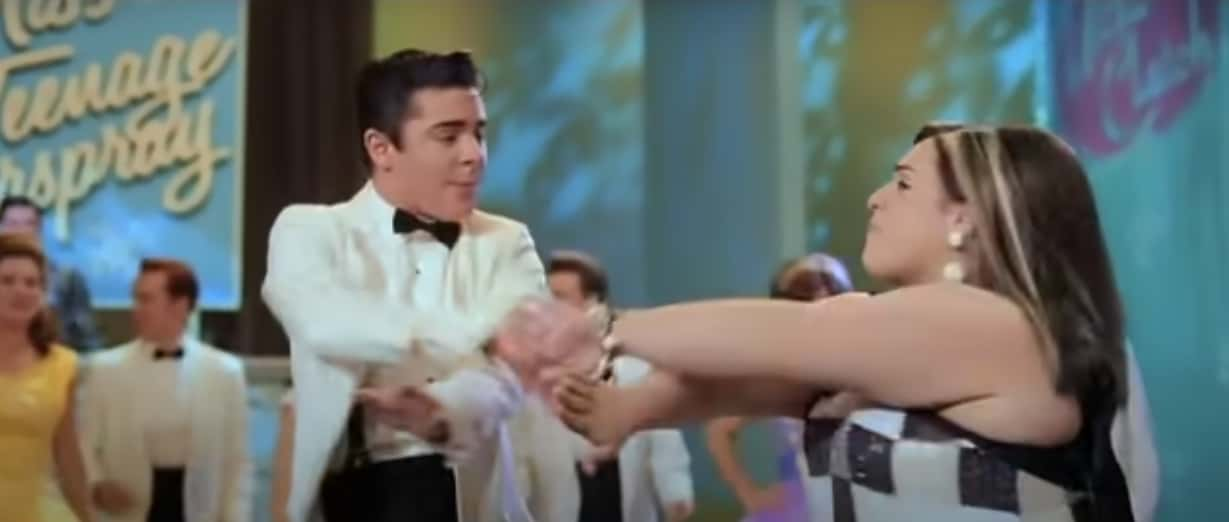
28. Gay and Proud of It
Waters is openly gay and has been vocal in his support of LGBTQ rights and pride parades. However, Waters once quipped in an interview that he’d never actually come out as gay. As he put it: “…a lot of magazines, including The Advocate, did an interview and said, ‘The most out director,’ but they never had the nerve to ask me if I was gay. They thought… it was something worse than gay. So, a lot of people never asked if I was gay because they were afraid I’d say, 'No, I’m a necrophiliac'—which, even that, that’s just fear of performance".
29. A Nice Memento
Rock star Iggy Pop famously shaved his head to appear in the film Cry-Baby. Allegedly, Waters held onto a lock of Pop’s hair, keeping it in a scrapbook in his home.
 Flickr
Flickr
30. O Captain, My Captain
In 2015, the Rhode Island School of Design granted Waters an honorary doctorate. While he was visiting, Waters also gave a speech to the class of 2015. Waters’ speech (which went viral after he gave it) included the instruction “It's time to get busy. It's your turn to cause trouble, but this time in the real world, and this time from the inside".
31. Pay What You Owe
Waters’ first feature-length effort was Mondo Trasho, a film which uses little dialogue and tries to tell its story through music. This turned out to be its undoing, however; Waters admitted that he couldn’t afford the rights to all the songs he used, so he simply used the songs without paying the fees. This has caused Mondo Trasho to be kept out of print.
32. Get Your Inspiration Wherever You Can
According to Waters himself, he was under the influence of substances when he conceived the concept of Pink Flamingoes. However, he maintained he was stone cold sober when actually making the film, though that would have maybe explained a few things.
 Pink Flamingos, 1972, Dreamlanders
Pink Flamingos, 1972, Dreamlanders
33. This’ll be Funny One Day
During A Dirty Shame, there’s a scene where one of the characters changes their clothes in the back of a cab. This is apparently based on a true story which happened to Waters himself. On the way from the airport to a book signing, Waters reportedly had to change from traveling clothes to book signing clothes in the back of his taxi.
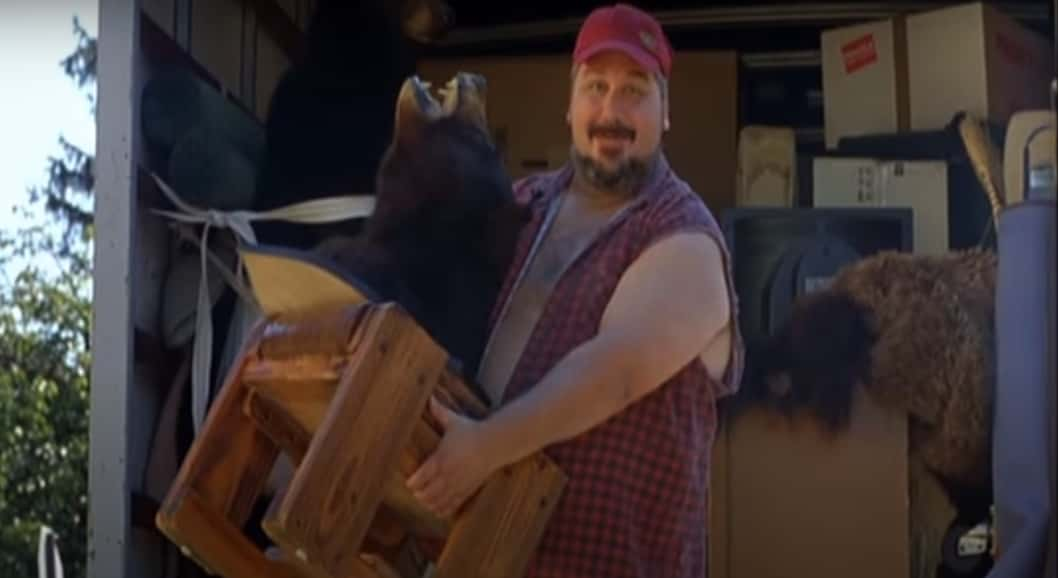 A dirty shame, 2004, Killer Films
A dirty shame, 2004, Killer Films
34. Farewell, Sweet Friend
Tragically, Waters’ film Hairspray would turn out to be the final film for his long-time collaborator Divine. Waters' long-standing friend and muse succumbed to an enlarged heart in his sleep, a mere three weeks after Hairspray was released. At the funeral, Waters took on the roles of both eulogist and pallbearer in tribute to his friend.
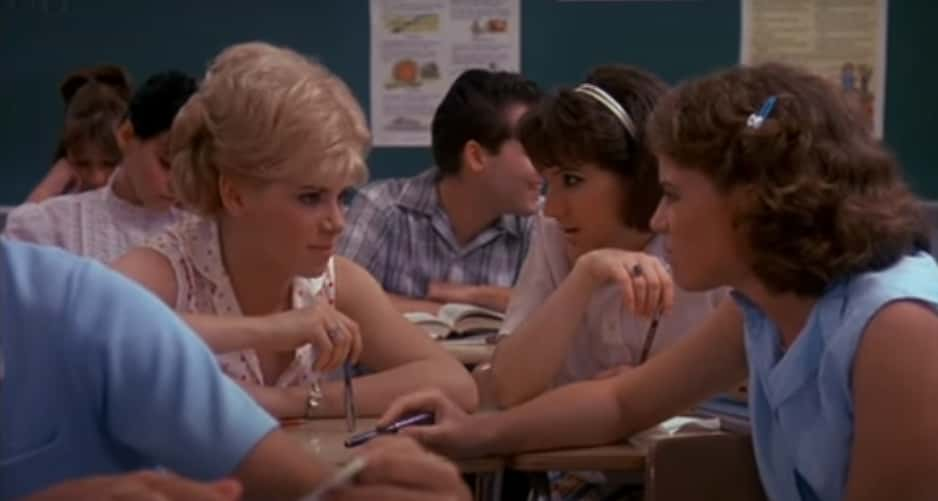 Hairspray, 1988, New Line Cinema
Hairspray, 1988, New Line Cinema
35. That’s a New One
During the filming of Pink Flamingoes, Divine was taken into custody for theft. She reportedly attempted to evade the charges by asserting that it was part of a method acting strategy, since her role in the film was that of a lawbreaker. No word on whether this led to the charges being dropped.
 Pink Flamingos, 1972, Dreamlanders
Pink Flamingos, 1972, Dreamlanders
36. Actor or Historical Advisor?
One aspect of Waters’ poorly received film Cecil B. Demented is that it parodies the infamous kidnapping of heiress Patricia "Patty" Hearst in 1974. Hearst had not only acted in a few of Waters’ films, but she also made an appearance in Cecil B. Demented itself.
37. Watch it While You Can!
Waters’ first movie filmed in 16 mm was the 1968 cult flick Eat Your Makeup, starring Divine. The film was about a deranged nanny who abducts young girls and compels them to "model themselves until their lives are critically endangered". The film is so cult that it was never released commercially, being screened only once at Waters’ local church. Nothing says "Church Movie" like John Waters, am I right?
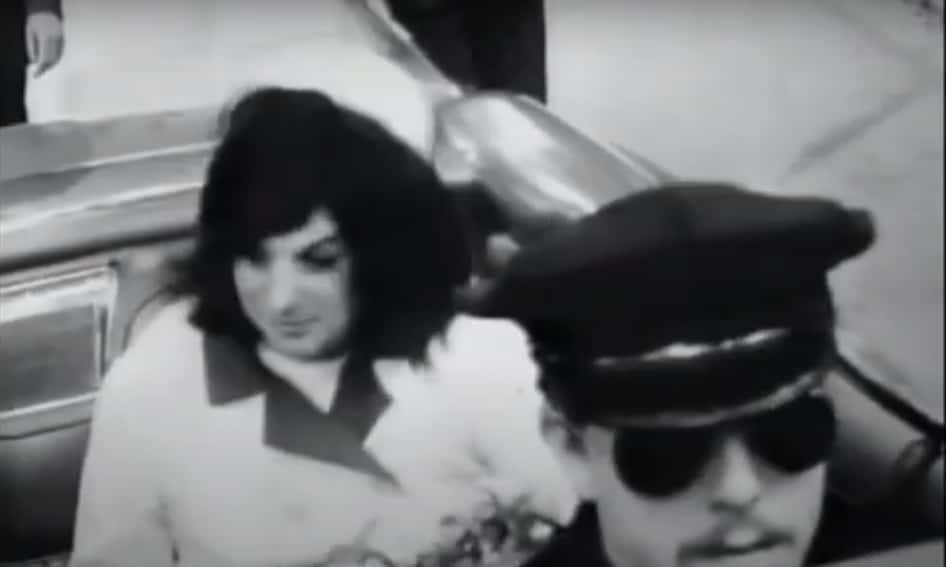 Eat your make up, 1968, Dreamland
Eat your make up, 1968, Dreamland
38. On the Road
In 2012, Waters up and decided to hitchhike across the United States, going from Baltimore all the way to San Francisco. He later wrote and released a memoir about the experience titled Carsick. Also, keep in mind that he would have been around 66 when this happened. You can’t accuse Waters of shying away from life’s adventures!
39. Does That Count as Selling Out?
In 1981, nearly twenty years into his filmmaking career, Waters released Polyester. This satire of suburban life (tackling subjects such as abortion, divorce, and adultery) was actually the first time that a John Waters film received an R rating.
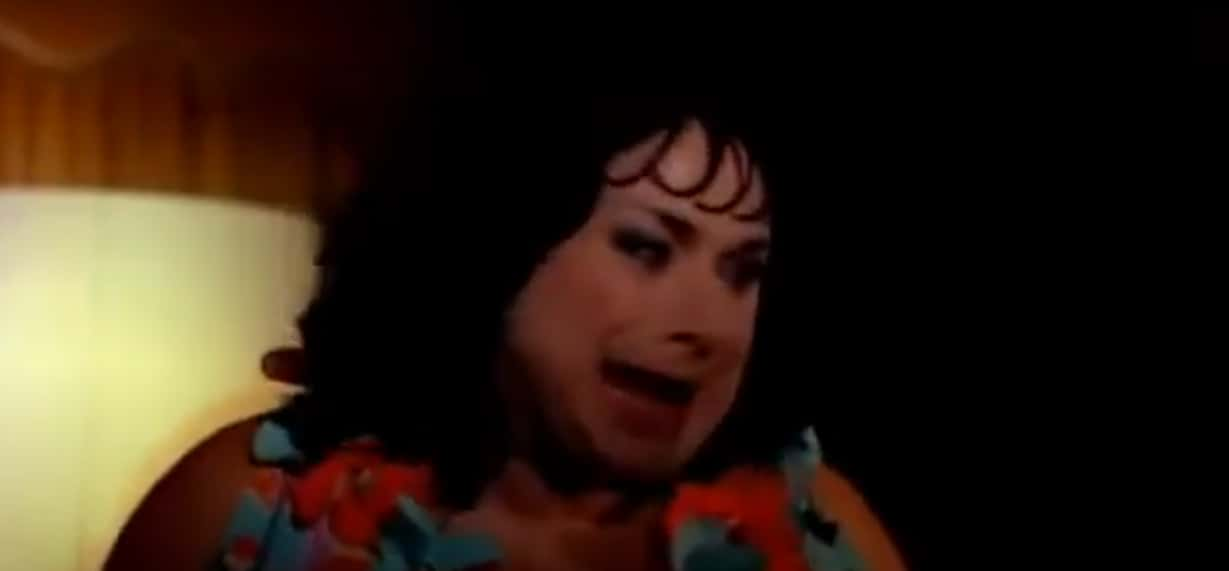 Polyester, 1981, New Line Cinema
Polyester, 1981, New Line Cinema
40. Going Out with a Bang
In 2004, Waters released what has become his final fictional feature film (as of 2018, at least). A Dirty Shame was so brazenly vulgar that when Waters approached the MPAA and asked what needed to be cut for an R-rating, they allegedly replied that “after a while, [they] just stopped taking notes,” and claimed that only ten minutes of the film could be released with an R rating. A Dirty Shame was eventually rated NC-17.
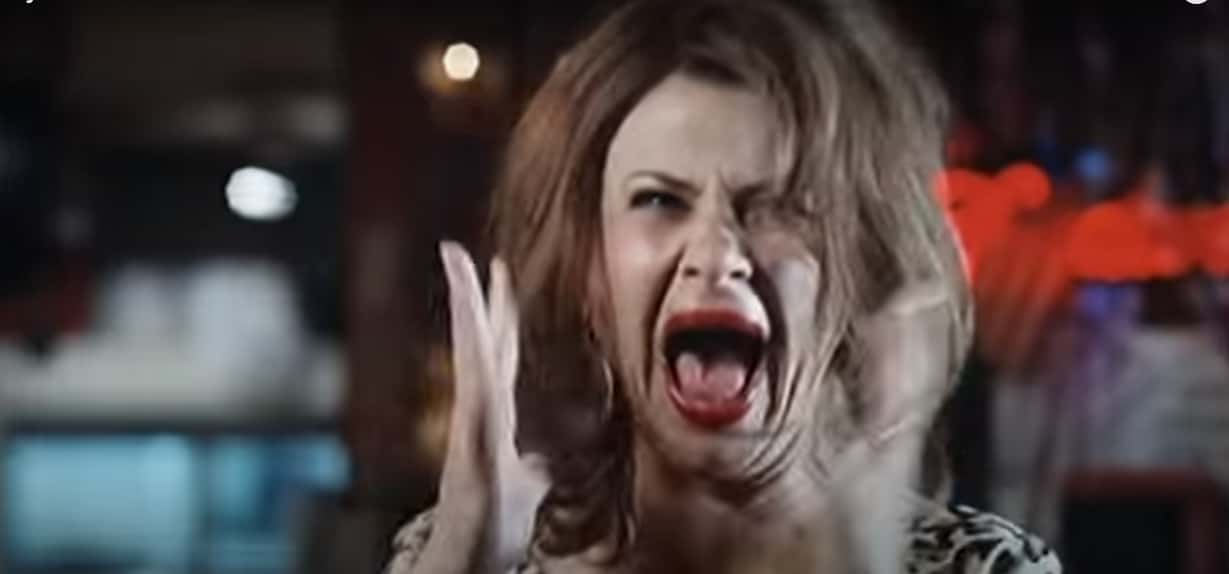 A dirty shame, 2004, Killer Films
A dirty shame, 2004, Killer Films
41. Do Your Research!
In the early 2000s, actress Suzanne Shepherd signed on for Waters’ new film without a proper idea of what the controversial director's films were like. When she read the script for A Dirty Shame, Shepherd was reportedly so horrified that she began to cry and tried to quit the project. Only the urging of Waters and the rest of the film’s cast caused her to stay. Given that the film was such a flop that it abruptly ended Waters' career, Shepherd might still have some regrets.
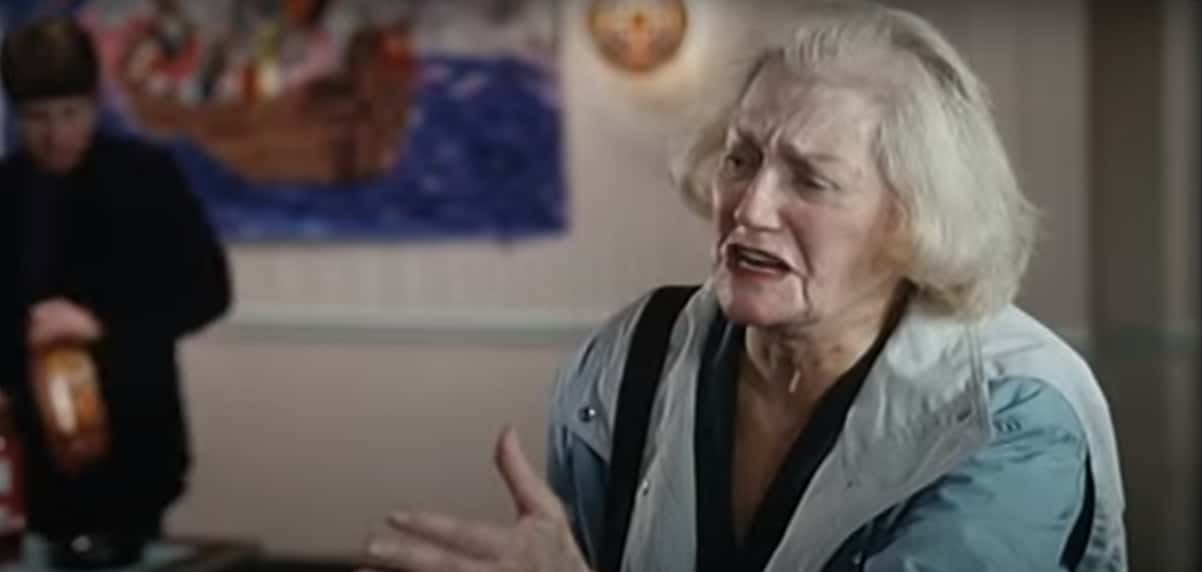 A dirty shame, 2004, Killer Films
A dirty shame, 2004, Killer Films
Sources: 1, 2, 3, 4, 5, 6, 7, 8, 9, 10, 11, 12, 13, 14, 15, 16, 17

